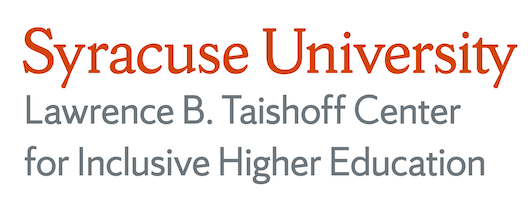A Delphi Study to Confirm Essential Components and Activities of Inclusive College-Based Transition Services
Essential Components of College-Based Transition
DOI:
https://doi.org/10.13021/jipe.2023.3280Keywords:
transition, intellectual and developmental disabilities, college, inclusion, DelphiAbstract
College-based transition services are a model of transition services offered in college or university settings for students with intellectual and developmental disabilities (IDD) who receive transition services after age 18. This method of transition service has existed in some form for over three decades. However, little guidance is available on the composition or structure of these college-based transition programs. We conducted a Delphi study with a group of national experts to identify and confirm the essential key components and activities of providing inclusive, college-based transition services. The study identified eight components, including 1) community-based transition services; 2) student's self-determination and self-advocacy; 3) family engagement and partnerships; 4) advising, course of study, and enrollment; 5) student support for college success; 6) staff development; 7) integrated paid employment; and 8) evaluation. We provide implications for research and practice.
Downloads
Published
How to Cite
Issue
Section
License
Copyright (c) 2023 Meg Grigal, Maria Paiewonsky, Tess Anselm

This work is licensed under a Creative Commons Attribution-NonCommercial-ShareAlike 4.0 International License.




